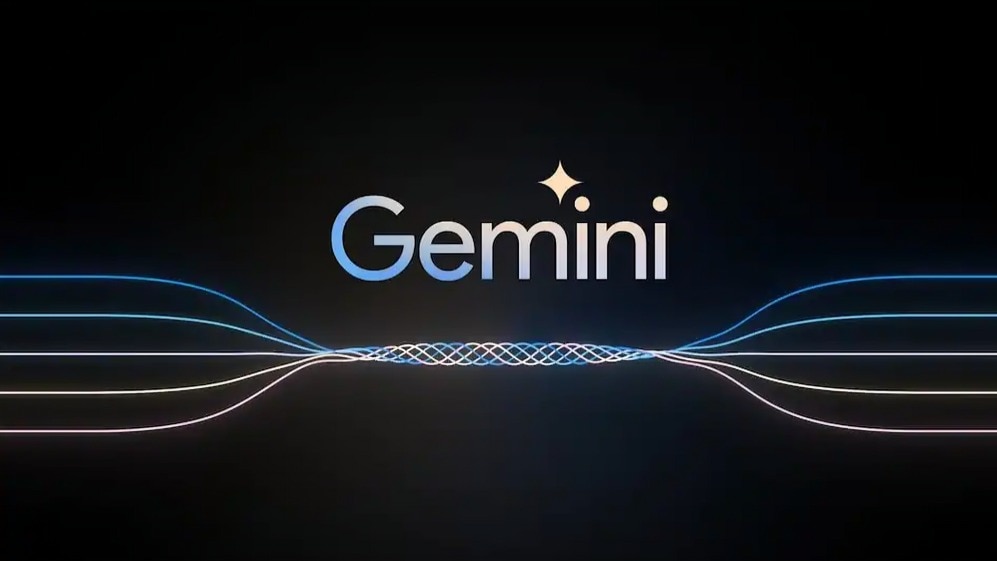Google’s recent study suggests its Gemini AI assistant is significantly more efficient than previously believed, utilizing only 0.26 milliliters of water per text prompt—about five drops—and minimal electricity. This translates to around 0.03 grams of CO2 emissions, a reduction achieved through efficiency improvements that have decreased energy consumption per prompt by 33 times and carbon footprint by 44 times. However, skepticism from independent researchers, including Shaolei Ren from UC Riverside, highlights that Google’s report may omit critical indirect water usage linked to electricity production, raising concerns about transparency. Critics also point out that the study’s “market-based” emissions measurement could misrepresent the environmental impact by not accounting for local fossil fuel use. Additionally, Google’s method of calculating efficiency using median prompts lacks the detail necessary for accurate comparisons. As of now, the study awaits peer review, with Google expressing openness to further evaluation.
Source link
